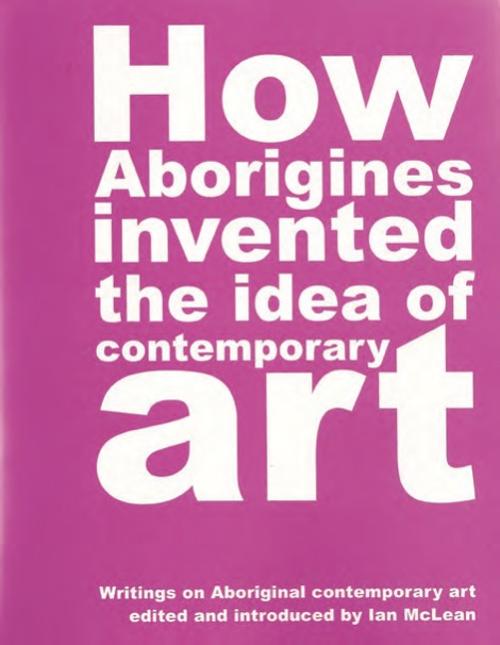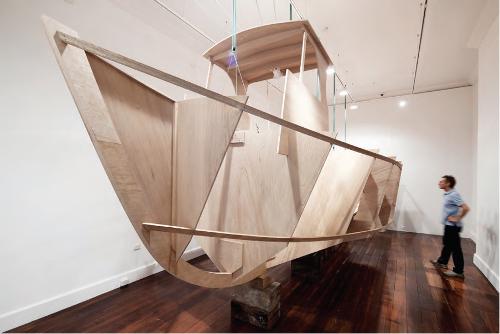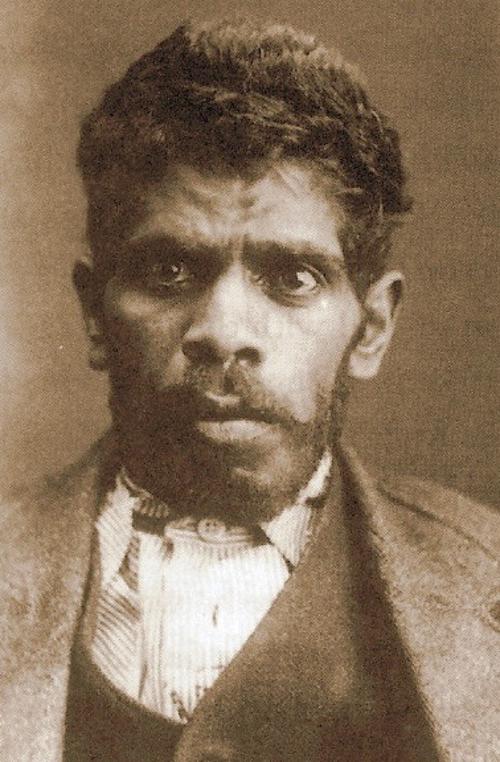(1).jpg)
My mother has told me stories of living in a share house with punks in inner city Sydney in the late 1970s and coming home to parties where her housemates had systematically roasted all of her belongings in the oven. The most annoying item they melted, she said, was the alarm clock because she couldn't get up to go to work on time. Ultimately though, that was probably the point. Anarchism as a way of living and subverting authority are essences of the punk counterculture that infiltrated many aspects of 'normal’ society in the 1970s and 1980s. It required you to put yourself and your beliefs on the line by choosing to live according to an ethos shared by the global punk community. Community is important to all countercultural movements, with people coming together to incite change and strength lying with the masses. The intentional punk community that was promoted (and lived by) Essex-based punk band Crass at the Dial House, an English country pacifist, sustainable and open estate, is at the centre of Marco Fusinato’s site specific exhibition There Is No Authority.
Drawing on his own punk counterculture and anarchist background from 1970s Melbourne, Fusinato has introduced subversive and alternative attitudes into the contemporary gallery space by inscribing the floor of the Carriageworks gallery with the words "There is no authority but yourself". He has done this not by using such obvious mediums as graffiti or paint, but with a giant woven rug. The phrase is a line from the 1983 Crass album Yes Sir, I will. It became known as one of their political cries and was painted on DIY banners that hung as backdrops at their performances. Fusinato has lifted this catchphrase, preserving the font, monochromatic colour scheme and design, and laid it directly onto the gallery floor. The massive 550 kilogram plush carpet takes up half the gallery space, and is positioned directly in front of the entrance, which forces the viewer to walk upon it to get to the other side and read the words emblazoned on it. The thick pile is so inviting to the touch, that nearly all the opening night attendees found themselves sprawled all over it, running their fingers along the lettering to explore the weave.
What Fusinato has presented is a curious balance between the status quo and alternative aspects of society. On the one hand you have a rich history of anti-capitalism as embodied by this group of anarchist art punk musicians who moved away from society and initiated their own self-sustaining community. While on the other hand this history is being critiqued and displayed in a pristine gallery space and presented to a completely different community - the contemporary art crowd. By its sheer size the rug is completely impractical for domestic use, but by placing it on the gallery floor, Fusinato is inviting a new dialogue to develop, one in tune with the ethos of the Dial House community. Crass member Steve Ignorant, in remembering his first visit to the Dial House, commented on the absurdity of the situation for him at the time, saying that (in a 2006 Dutch documentary directed by Alex Oey, There Is No Authority But Yourself) “These people had stones in their living room as ornaments. Stones! In their house! As ornaments! They should be in the garden”. Crass was known as a politically charged band, although the Dial House was based more on an unconditional open door policy, as opposed to a commune living by a central ideology. Crass member Penny Rimbaud founded the Dial House on ideas of authenticity and a sustainable and independent way of living. Rimbaud held the romantic idea of the Dial House as being a place where people would travel through and tell their stories. In keeping with this idea, Fusinato has recreated an aspect of the Dial House community in a gallery in Sydney, because, in part, isn’t that what a gallery is? A space where people come through and tell their stories? Fusinato has used the elements of absurdity and community, and repositioned them to fit into the context of the gallery space while also providing the groundwork for people to come together, lie on the floor and tell their stories.












